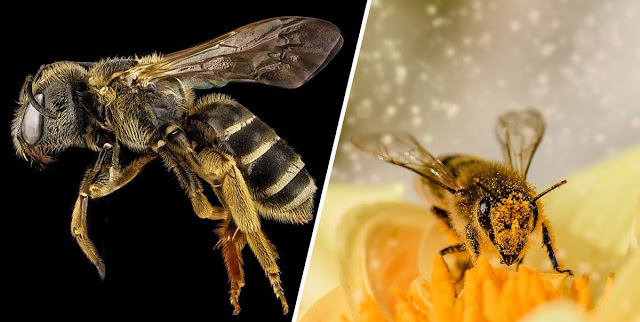The bees have been declared the most significant living organisms on our planet, the Earth watch Institute decided in the previous meeting of the Royal Geographical Society of London. However, according to wildlife specialists and scientists, the bees have entered the endangered species long list.
The new research demonstrates a drastic fall in the bees' number as over 90 percent of the bee population has perished in the previous few years. The excessive use of pesticides, deforestation, or lack of flowers is the primary causes of their disappearance.
However, why would such a small being be called the most significant organism on Earth? Well, the answer is really more straightforward than you ever thought. Seventy percent of the world's agriculture relies completely on bees.
Needless to say, the pollination is the bees' task, however, the plants would not be able to reproduce, and thus the fauna would have been gone in a very short period. More than that, a research performed by the Agriculture Entrepreneurship Center of the Universalized Mayor (Apiece Mayor) and the Agriculture Corporation of Chile (Cach) with the aid of the Foundation for Agrarian Innovation (FIA) concluded that the bees are the only living being who does not carry any type of pathogen.
After all, Albert Einstein's comment about bees has never been truer. "If the bees vanish, humanity would have 4 years to survive," the famed physicist remarked.
Since the bees' role is important in our planet's ecosystems and they've also been labeled an endangered species, we really need to be as attentive as possible on the topic.
Therefore, in order to safeguard these hard-working beings, some activists argue that we should immediately restrict the use of pesticides, encourage purely natural agricultural alternatives and we should closely monitor their health and wellbeing.
Reference(s): ScienceTimes















No comments